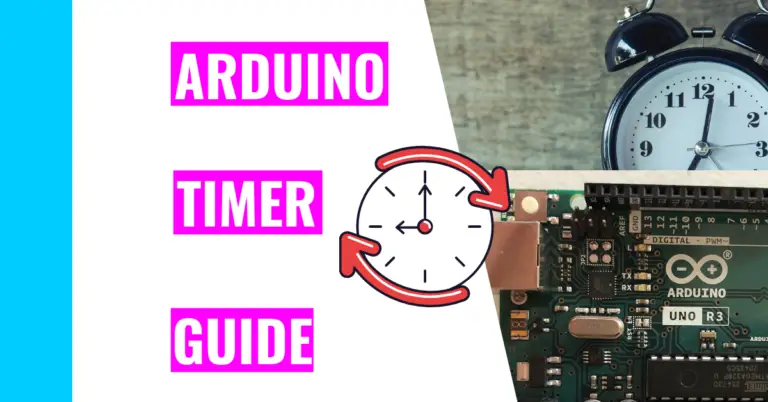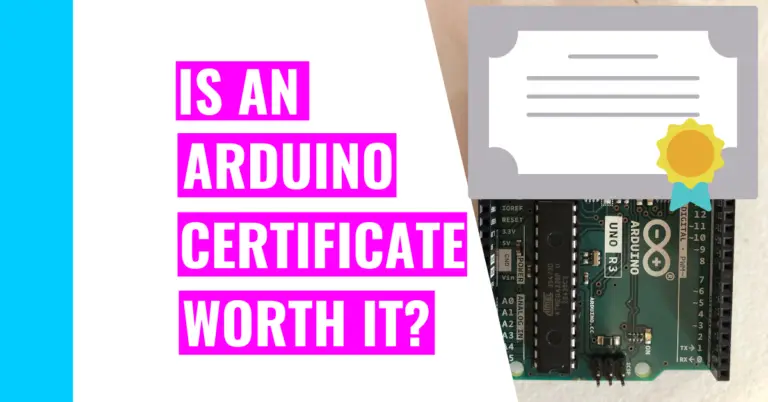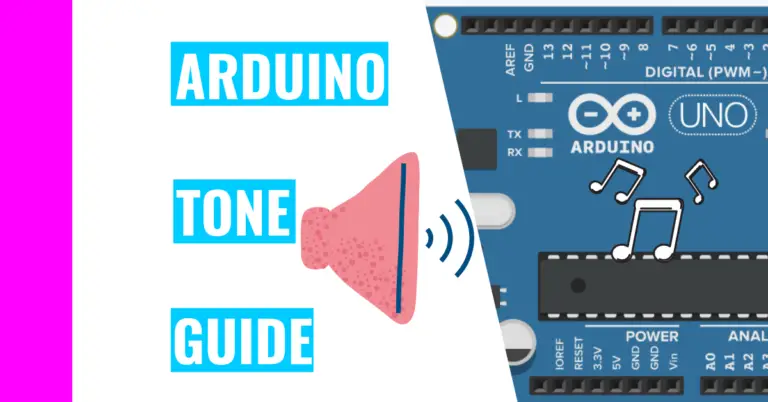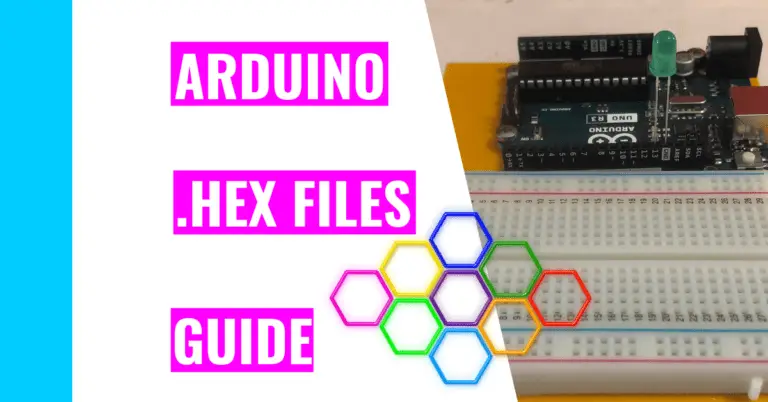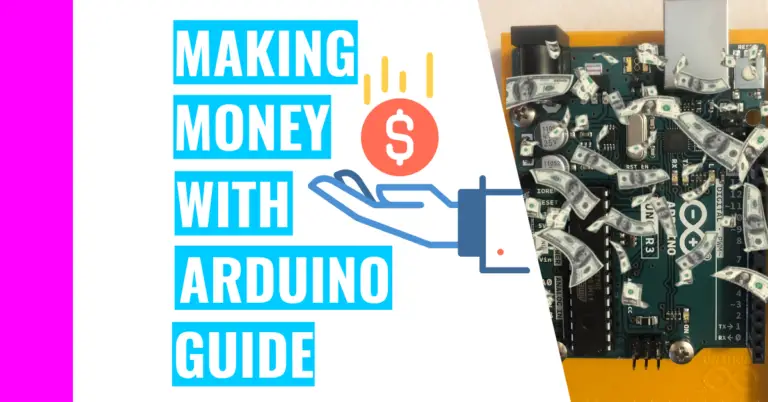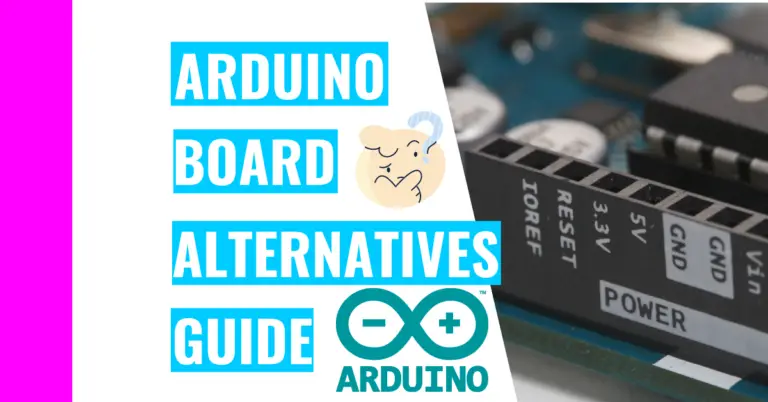Is Arduino Still Relevant Today? (Arduino Pros and Cons)
Is Arduino still relevant? That’s the question I asked myself before I purchased an Arduino. I did a lot of research and made a pro and con table to gauge its relevance to the present and in the future.
Arduino is relevant today since it has a strong target audience and a large, helpful community. Moreover, people love Arduino because it is easy to use and learn, uses low amounts of power, operates in real-time, and displays reliable behaviors and actions.
Arduino can be a worthwhile investment, but I will list the pros and cons for you below so that you can make your own decisions.
When Can You Learn Arduino?
You can learn Arduino at any time, any place, and at any age. You can easily learn it in your spare time by watching YouTube videos, reading books about Arduino, or researching online. If you’re creating an Arduino build, you will need to make time for it since you may encounter errors along the way.
If you already have a child working with an Arduino or you’re thinking about introducing your child to an Arduino, then you’ll need to read my guide on kids working with Arduino. I give useful tips from my personal experience and extensive research.
Personally, when I first started, I saw Arduino as the next logical step in my journey to becoming an engineer. With my passion for STEM-related hobbies, I knew I had to buy the Arduino after I evaluated the pros and cons.
Top 5 Pros For Arduino
Pro #1: Arduino Is Very Easy To Use And Set Up
After reading different viewpoints online, I came across many people praising Arduino for its simplicity. It’s very easy to use, learn, and work with.
Consequently, I bought an Arduino, played around with it, and came to the conclusion that it was amazing. I’ve gained a lot of hardware experience (which I initially lacked before starting this), learned the basics of a new programming language, and finished all the 15 projects the kit promised in a week.
This project is called the “Keyboard Instrument” and only took me an hour to build
Pro #2: Arduino Bridges The Gap Between Utilizing Hardware And Software
Those with no experience with Arduino won’t have any trouble learning and using it. It’s very easy to understand since Arduino was initially designed for inexperienced beginners.
Those who have experience in software-related topics will have an easier time working with the hardware aspects of Arduino and vice versa.
For example, I started Arduino with over 2 years of programming experience and no hardware knowledge, but I quickly learned a lot about the electrical aspects (such as capacitors or diodes) at the end of it.
Pro #3: Arduino Possesses Both An Extensive Vast Library And A Great Community
There is a substantial number of resources in the Arduino library that Arduino users can exploit to further their projects and inspire them.
The libraries are written by experienced individuals so that everyone can have a better experience overall. I’ve used a couple of sketches in the library to assist me in projects like the Knock Lock (project #12) or the Touch Sensor Lamp (project #13).
You can easily find, add, and manage your libraries here!
Additionally, there is a great community of experienced Arduino enthusiasts who will gladly answer any of your questions.
This community was important for me since I made many mistakes, and the community was very helpful in answering my questions. I highly doubt I would’ve finished learning and building everything in a week without their support. Moreover, it feels great to belong to a community.
Pro #4: Arduino Is Well Suited To Projects Requiring Batteries
Because of Arduino’s ability to handle 5V (5 volts), Arduino uses a lot less power compared to other electronics. This feature makes it well-suited for projects requiring low amounts of power.
When I used the Arduino starter kit, I only needed the battery feature for 2 out of the 15 projects (projects 9 and 10). This was because those projects required the use of a DC (direct current) motor, which needed more power than what the USB cable could provide.
Arduino can also tolerate power fluctuation, which is the change in the amount of power that electronic devices use.
Pro #5: You Can Put Arduino On Your Resume
Arduino is a great introductory course to learning microcontrollers programming. Consequently, you can take the Arduino Certification Program online to add Arduino to your resume.
According to Arduino, its online test consists of 36 questions and will take you around 75 minutes to complete. You can always come back to a question, and the results are instantaneous once you submit your answers.
If you want to learn more about preparing for and succeeding on the Arduino test, consider reading my article on prepping for the Arduino certification test. It contains helpful tips and discusses whether you need the certification or not.
Top 4 Cons For Arduino
Con #1: Arduino May Be Expensive
This was one of the biggest factors I looked at when deciding. For instance, the Arduino Starter Kit costs around $92, but it totals to $106 when you include tax and the cheapest delivery option. If you only want the Arduino Uno R3, it will cost around $22.
Personally, I went for the starter kit because I lacked experience, wanted to try different projects, and didn’t want to separately buy the parts needed for the projects.
This bad boy costs me an arm and a leg!
If these options are too pricey for you, there are better, cheaper alternatives. For instance, Elegoo is an off-brand of Arduino, but their Uno R3 is compatible with Arduino software. It has the same components and features as the Arduino Uno R3.
The Elegoo Starter Kit costs around $36 on Amazon, includes more components, and offers 7 more projects than the Arduino Starter Kit. Moreover, the Elegoo Uno R3 by itself is around $7 cheaper compared to Arduino’s Uno R3.
Con #2: Arduino Can Harm Engineering Students’ Learning
Even though Arduino can be a great introduction to programming and electronics, it can be detrimental to those studying engineering. This is because engineering students can exploit the easy-to-use nature of Arduino by incorporating them into their projects.
As a result, the use of Arduino won’t show the students’ skills, abilities, and knowledge, which results in a poor grade for them.
There is a forum thread that dives deeper into the reasons why professors and teachers hate seeing their students use Arduino and how students are reluctant to learn more about these subjects because they are “turned” by Arduino.
Con #3: Arduino Is Unsuitable For Bigger Projects
Arduino is not meant to be used for bigger projects. The number of inputs and outputs that Arduino provides is limited and small. Moreover, larger projects consume more power, and Arduino can’t provide that.
However, you can use the Arduino for prototyping and testing out your initial designs. Even though you won’t usually use Arduino to create an end product, you can still prototype your idea for proof of concept.
Con #4: Arduino Packs Less Power
Arduino is limited to the amount of power it can use, which is why it’s only good for small projects. That means it is also less powerful and efficient in regards to the computational aspect.
Even though it uses low power, I can still create cool builds with a 9V battery!
I would highly recommend you to use Raspberry Pi if you want more computational power and efficiency.
Summary – tl;dr (Too Long; Didn’t Read)
Here are the key takeaways after reading the article:
- Arduino is worth it because:
- It’s easy to use and set up
- It has a great community and library
- You can put Arduino on your resume
- You are creating a project with batteries
- You can learn more about electronics and programming
- Arduino may not be worth it because:
- The price is unappealing
- You are building a large project
- You are an engineering student creating projects for class
- Need a device that provides a lot of power
In the end, Arduino is valuable to those who work with it, and it will pro-ve its value the more you work with it.

